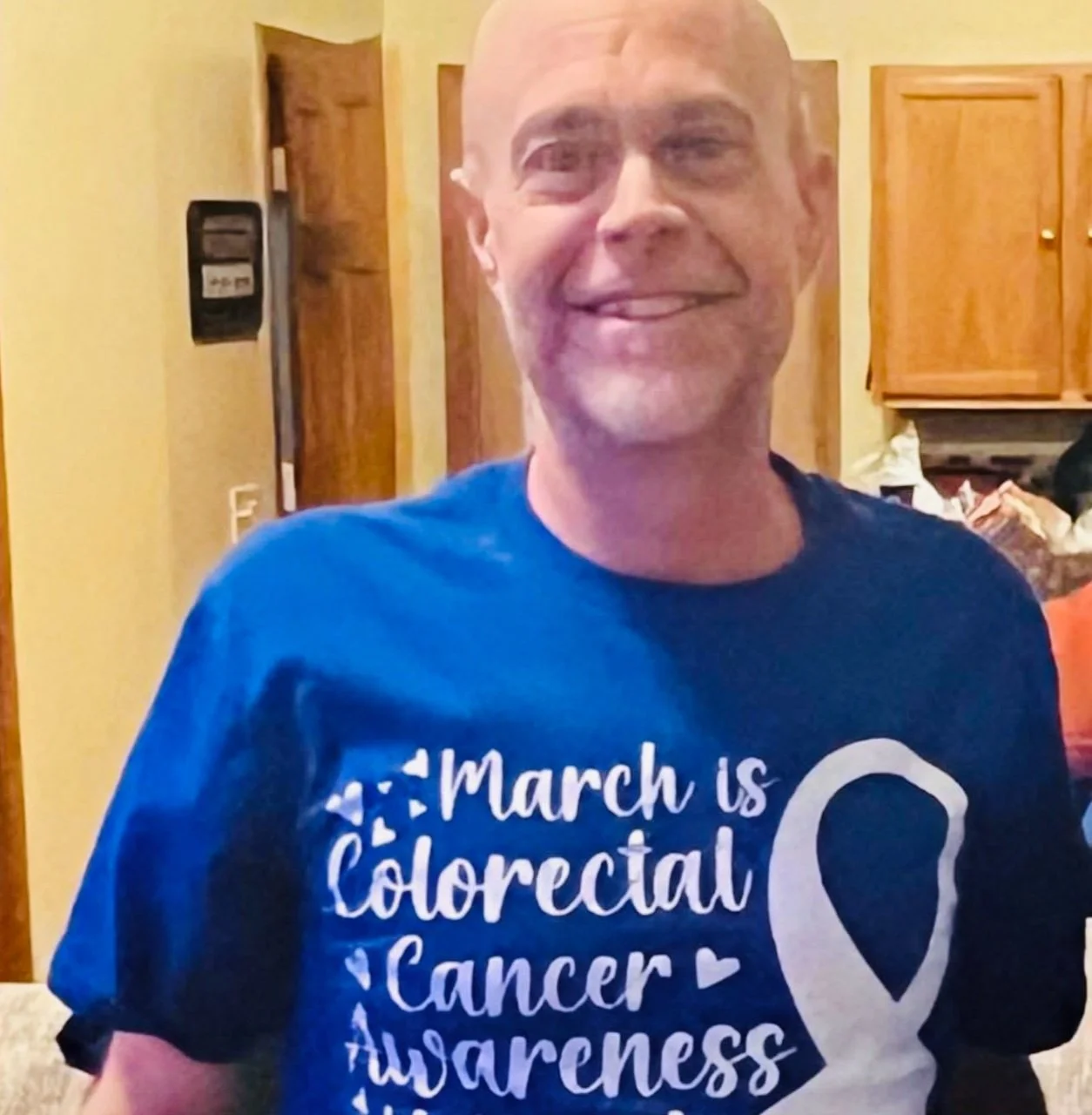Let’s Talk About Colon Cancer!
March is National Colorectal Cancer Awareness Month.
And this is a great time for us to pause and spend some time talking about what’s new in colon cancer and to remind us all how important colorectal cancer (CRC) screening is.
Colorectal cancer remains a significant health concern in the United States. It is estimated your lifetime risk for developing CRC is 1 in 24 for men and 1 in 26 for women! And while overall CRC mortality rates have declined since the 1980s, there’s an alarming increase in cases among younger adults. Notably, about 10% of CRC cases are now diagnosed in individuals under 50, with this percentage increasing annually.
These statistics highlight the importance of regular screening STARTING AT THE AGE OF 45. Early detection is key!
Colon Cancer screening methods vary in terms of accuracy, invasiveness and frequency. Below is an overview of the most common screening options, including their benefits, risks and sensitivity.
1. Colonoscopy
This is a flexible tube with a camera that is inserted into the colon to examine the entire large intestine. If polyps or other abnormalities are found, they can be removed during the procedure.
Frequency:
Every 10 years (if normal)
Benefits:
Most comprehensive and accurate method, this is considered the gold standard of colorectal cancer screening
Can detect and remove precancerous polyps in the same procedure
Risks:
Invasive, requiring bowel preparation
Small risk of bowel perforation (0.1-0.3%) and bleeding
Sedation-related complications
Sensitivity:
>95% for detecting advanced cancer
2. Fecal Immunochemical Test (FIT)
This is a stool test that detects hidden blood in the stool.
Frequency:
Annually
Benefits:
Non-invasive and convenient
No bowel preparation needed
Inexpensive ($10 at our office)
Risks:
Can miss polyps that are not actively bleeding
Sensitivity:
79% for detecting colorectal cancer
3. Cologuard
This test detects DNA mutations and blood in stool that may indicate cancer.
Frequency:
Every 3 years
Benefits:
Non-invasive
More sensitive that FIT alone
Risks:
Higher false positive rate
If positive, a colonoscopy is needed
Sensitivity:
92% for detecting colorectal cancer
4. Shield Blood Test
This is a recently approved blood test that detects CRC-derived alterations from a simple blood draw (this is currently only covered by Medicare).
Frequency:
Every 1-3 years
Benefits:
Non-invasive simple lab test
Risks:
Limited capabilities for detecting precancerous lesions
Sensitivity:
83% for detecting CRC (but can miss early stage disease)
In summary, colonoscopy is the gold standard but requires significant preparation. The FIT and Cologuard offer non-invasive alternatives for those wanting to avoid colonoscopy, but should only be used in an average risk patient - not in patients with a personal history of polyps or a family history of colon cancer.
The new Shield blood test looks promising but is only covered by Medicare at this time, and should be used with caution as it misses precancerous and early CRC at higher rates than colonoscopy and Cologuard. In our opinion, this option should only be used in individuals that cannot do other screening tests due to underlying health conditions.
What else can you do to prevent CRC?
There are other daily habits you can adopt to lower your risk of colon cancer.
Here are the most effective lifestyle changes backed by research:
Eat a Fiber Rich Diet from sources like fruits, vegetables, whole grains, legumes and nuts
Limit Red and Processed Meats, and opt for lean proteins like chicken, fish, beans and tofu
Stay physically active and engage in at least 30 minutes of moderate exercise daily
Maintain a healthy weight
Reduce alcohol consumption
Quit smoking
As many of you know, CRC has directly affected our office here at Casco Bay DPC.
Our lovely phlebotomist, Erica, lost her husband to CRC this past year. If you are procrastinating on scheduling your colonoscopy or sending in your Cologuard, please honor Scott Harnden’s battle with CRC and get your screening completed. Do it for Scott! He was an amazing man that lost his battle far too young. This is often a preventable disease and affects many of us. If you are unsure if you are due for screening or what screening is best for you, we are happy to help answer any questions.
Scott Harnden
12/16/1970 - 05/25/2024




